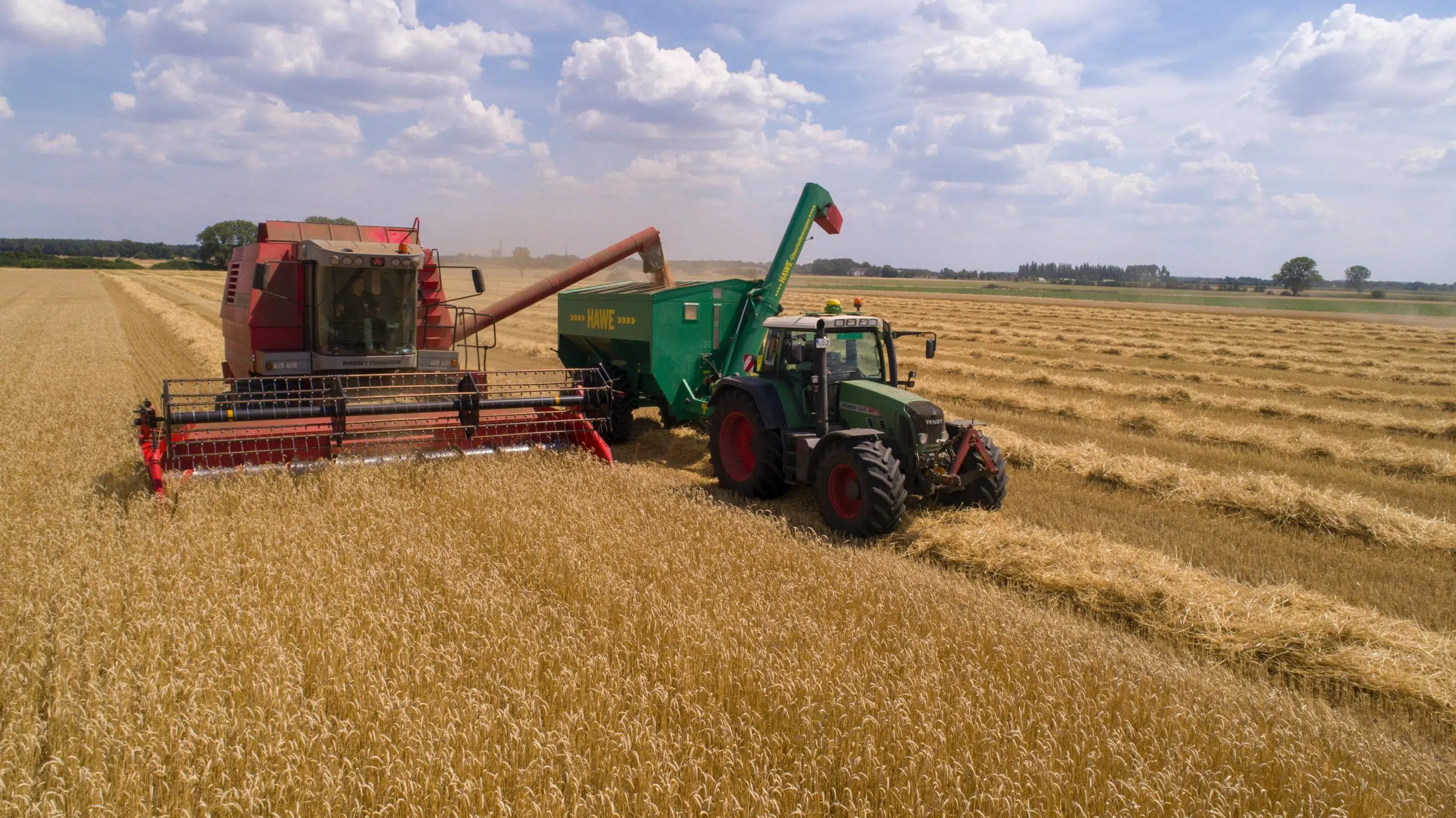Wisconsin is at the center of a lawsuit targeting federal debt relief for farmers of color.
The suit was filed this spring by a Wisconsin-based conservative law group. The plaintiffs argued specialized aid in the American Rescue Plan unfairly excludes white farmers. Those assisting BIPOC farmers said they are finally getting attention after being left behind for far too long.
Donale Richards, food systems program manager at the Michael Fields Agricultural Institute, contended it speaks to the lack of awareness of the scope of aid programs. “Most of the time, when people are making these types of arguments, they don’t necessarily have the facts,” Richards asserted. “They just look at, ‘Why am I being held back?'”
Richards pointed out aside from historical land access issues and loan discrimination, USDA programs are restrictive for BIPOC farmers. He argued the screening process is onerous, making it hard to qualify for aid.The Environmental Working Group reported last year, white farmers received nearly 97% of the aid from the USDA’s Coronavirus Food Assistance Program.
Meanwhile, the lawsuit has temporarily halted this year’s loan forgiveness efforts approved under the Rescue Plan. Richards noted aid from certain USDA programs, like ones that help farmers just starting out access equipment, tend to have a short window. That can limit the growth of BIPOC-operated farms once the equipment breaks down. “The intent is to really make a huge impact in a year or two,” Richards stated. “But there really isn’t given much thought to five-year plans or ten-year plans.”
The Institute is ramping up outreach through its own Food Systems program. It gives aspiring farmers, especially those from traditionally marginalized ethic groups, a broad layout of the U.S. food system and how to best navigate its layers.
Over the past century, the acreage owned by Black farmers in the U.S. has been cut in half. Less than 1% of Wisconsin producers are Black.







